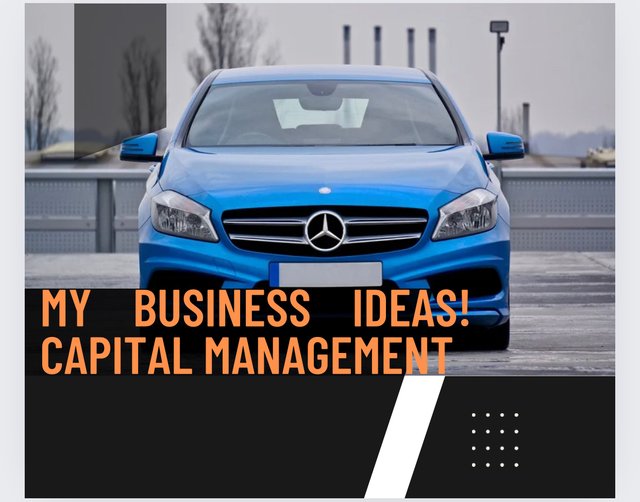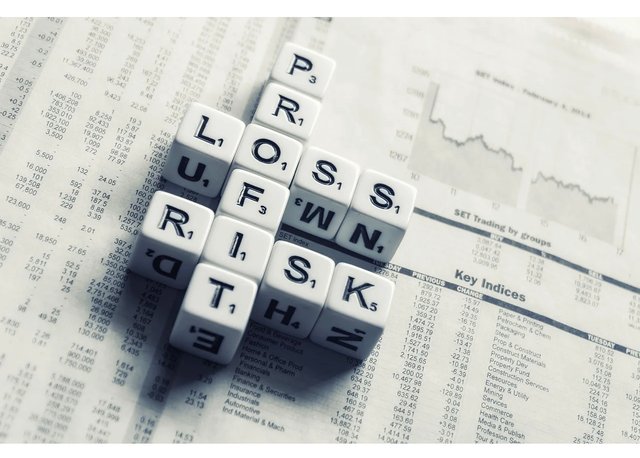SEC-S20W2 | My Business Ideas |Capital Management
Thank you dev’s team for another wonderful opportunity to express our ideas about our business plans.
 |
|---|
Q1. Please tell us about your initial investment value in terms of Steem as well as in US$, and how you manage it.
The initial investment in a business is the amount of money one needs to start up the business otherwise known as the capital. I have not yet started my business as I stated earlier in our previous class.
I would be venturing into a car dealership business and from my inventory, I would be starting small. I would have to start with buying a car first and to get my first car, the buying price, importation and clearing price would amount to #7,000,000 (Seven million Naira) for start ups. This is about 28,000 steem and about $4,375 dollars.
This is figure is just the figure for importing and clearing just one car. If It wasn’t for the partnership leverage I will be going into, other things like paying for shop or space, salary for workers, logistics and security fees, engineers the whole team that would be involved in car dealership would have been a whooping sum that would probably triple the entire capital.
Thanks to leverage and partnership, it makes it a whole lot cheaper to start. Managing the business capital wouldn’t be a hard thing in this respect because we are talking about a single item at first. All the capital are in one item and that makes management a whole lot easier.
Q2. A profit and loss statement is commonly known as a statement that shows details of your business's revenue and expenses over a period that we calculate on a monthly, quarterly, or annual basis. How do you determine whether your business made a profit or loss during a stipulated period?
The nature of my business makes the calculation of my profit and loss very easy. In this case, there may be little or no avenue for losses as long as the goods was in the right state before buying and importation.
On selling my goods, I would have to sell it with profit Ofscourse and when I deduct my cost price from the selling price, I would be able to know my profit. On some occasions, there may be some situations where the goods may experience one or two damages on transit, this would require extra finance to fix the damage and it would eat into the profit after the deductions.
I intend to make my business a more successful one by reinvesting the profit for a period of five years. The essence of this is to be able to buy more goods from one. The intentional reinvestment is the conscious effort to build the business capital base. I won’t be spending the profit on myself as I would have other means for self sustenance until the business gains ground.
I wouldn’t be having paid staff for a long while as the partnership would take care of that. There are staff and logistics organizations on ground and I would simply plug into that would go along way to reduce expenditure.
Q3. Loans and working capital
Did you take any loans or working capital for your business from any financial institute?
I would be needing extra funds for my business capital but I wouldn’t be taking loans from any financial institution. The capital make up which is about 50% of the capital which would be given to me by a family member. The agreement was that it would be a part of his contribution to assisting me start up and I wouldn’t be paying for it.
Considering the agreement, there wouldn’t be an installment payments or interests, it would be said to be a working capital only that in this case it’s not a loan. Presently I do not have any bank accounts provided by some financial institutions that allows me to withdraw money to use for a while while they calculate the interest daily. If need arises for not in the future, then I may consider it.
Q4. Colleterial securities and your understanding
Some business owners take loans from financial institutions for their business and have to present something as a collateral security pledging that they would pay back their loan within a particular period of time else they would loose their property.
I won’t be taking loans for my business and I do not intend to. I do not like the idea of taking loans for startups. If was to expand an already established business, then I would opt for it. Maybe it’s an option I could consider In the future when my business has gotten to a particular level and would be needing expansion. In that case I’ve monitored my business progress and would have drafted out a means to repay the loan without having to loose my collateral security.
I ask @ruthjoe, @ninapenda and @jovita30 to participate in this challenge.


@tipu curate
;) Holisss...
--
This is a manual curation from the @tipU Curation Project.
Upvoted 👌 (Mana: 5/7) Get profit votes with @tipU :)